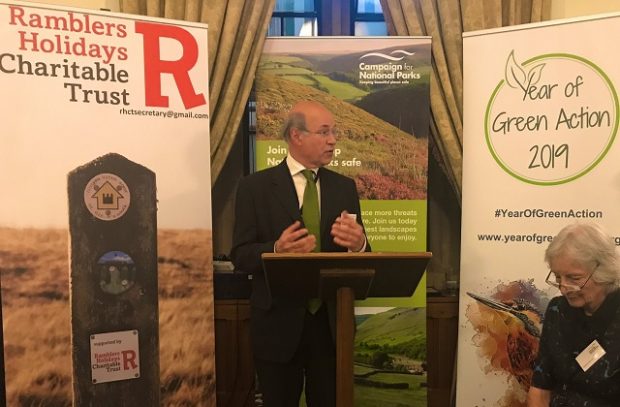
Yesterday (10 July), Lord Gardiner presented the Government’s Year of Green Action and Campaign for National Park’s 2019 Park Protector Awards at a ceremony in Parliament.
Two ground-breaking projects were celebrated for their work in making a lasting contribution to the protection and restoration of National Parks of England and Wales.
The People and the Dales Project, which introduces under-represented communities such as BAME groups and refugees to the Yorkshire Dales National Park, was handed the Year of Green Action Award. The project stood out for its work to engage people with nature for their health and wellbeing, which is a key goal of the Government’s 25 Year Environment Plan.
SWEPT (Surveying the Waterway Environment for Pollution Threats), a project training volunteers to measure pollution in the waters around the Pembrokeshire Coast, took home the Park Protector Award. SWEPT volunteers have used surveys to generate more than 2,100 photos, 847 water sample test results for both nitrate and phosphate pollution, and information on marine litter, non-natives and other pollution threats such as oil or fly tipping.
Defra Minister Lord Gardiner said:
It is a great pleasure and a privilege to recognise those people making a difference in our Year of Green Action. The two projects receiving awards today have worked admirably to restore the habitats of some of our most endangered species and show people who would not normally consider going to a National Park that these wonderful green havens are for everyone to enjoy.
Seventy years on from their establishment, National Parks retain an exceptional ability to connect people and nature. These two schemes are testament to that spirit.
The Awards come midway through the government’s Year of Green Action: the year people, business’ and organisations pledge to take the actions needed to reverse decades of environmental decline, connect people to nature and set the foundations for achieving the goals set out in Government’s 25 Year Environment Plan.
Andrew Hall of the charity Campaign for National Parks said:
This has been a truly special year for our competition. It’s been a delight to celebrate projects not only through the Park Protector Award but also with the Government’s Year of Green Action Award.
Everyone there today was inspired by the dedication and hard work of everyone striving to make our National Parks even better for everyone to enjoy.
Farming Minister Robert Goodwill visits Great Yorkshire Show
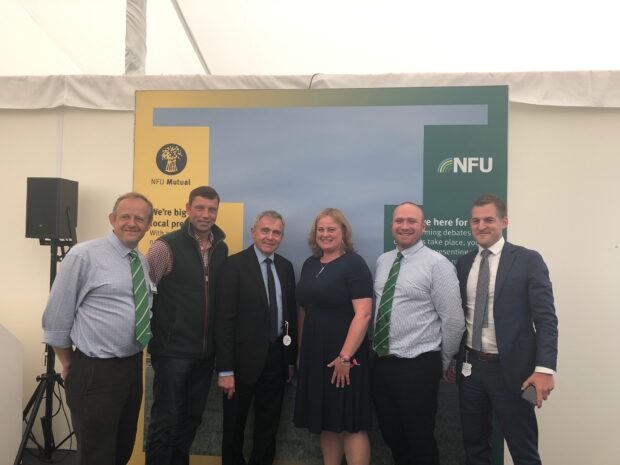
Farming Minister Robert Goodwill visited the Great Yorkshire Show today, meeting with farmers and food producers from across the region.
He met with Show Director Charles Mills and members of the Yorkshire Agricultural Society, before visiting the NFU and CLA stands at the show, meeting with attending members.
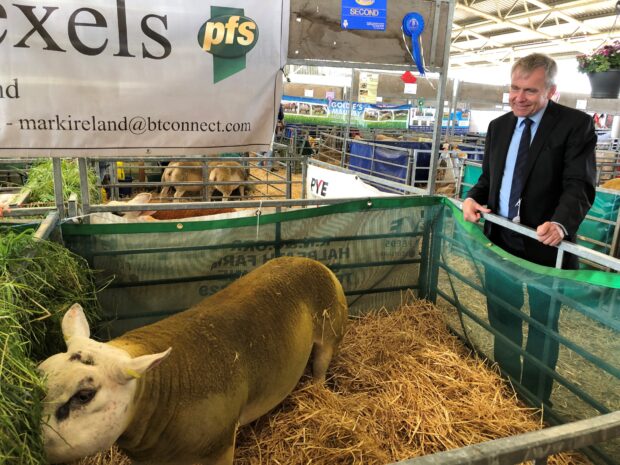
The Minister then went on a tour of the show’s famous Food Hall, meeting a variety of British food producers exhibiting at the showground. He also visited the Tesco Stand, which this year was celebrating the company’s 100th anniversary.
Following this, the Minister went to the livestock lines to meet breeders of prize sheep and cattle competing at the showground.
Lord Gardiner visits St James’s Park this Bees’ Needs Week
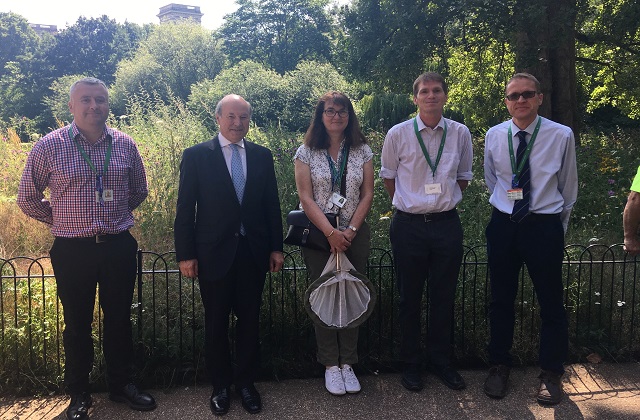
Alt text: Lord Gardiner stands in front of wildflower meadow in St James’s Park with Robert Dowling, Assistant Park Manager, xx, Peter Lawrence, Head of Ecology and Tom Jarvis, Director of Parks.
This Bees’ Needs Week Defra pollinator and biosecurity minister, Lord Gardiner, visited St James’s Park in London to find out more about their efforts to help pollinating insects and other wildlife in the city.
On the visit, Lord Gardiner heard about the park’s wildflower grassland and the enhancement of existing habitats such as meadow and scrub.
In 2015, the Royal Parks launched a Pollinator Strategy setting out actions to reverse pollinator population declines. The strategy includes awareness raising, providing education programmes, delivering surveys and monitoring as well as habitat creation and management.
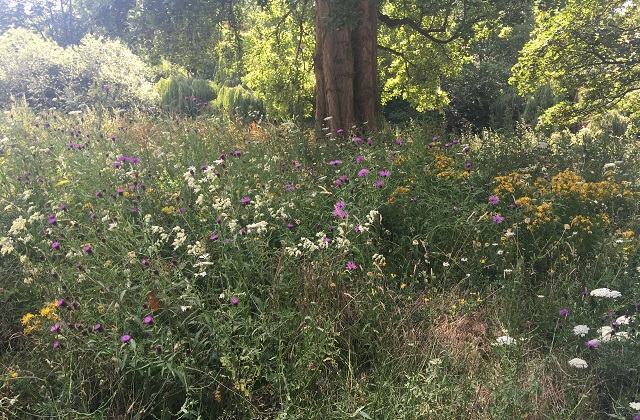
Bees’ Needs Week is a week-long campaign from 8 – 14 July co-ordinated by the Department for Environment, Food and Rural Affairs working alongside businesses, academic institutions, charities and conservation groups.
Bees’ Needs Week seeks to raise awareness of the importance of pollinating insects - such as bees, butterflies, moths and hoverflies – and to provide practical advice to people on how they can help improve their habitat and access to food.
There are five simple actions you can take to help pollinators and make sure their populations are sustained:
- Grow more flowers, shrubs and trees
- Let your garden grow wild
- Cut your grass less often
- Don’t disturb insect nest and hibernation spots
- Think carefully about whether to use pesticides
Find out how you more by visiting the Bees’ Needs Week website: https://www.bumblebeeconservation.org/bees-needs/